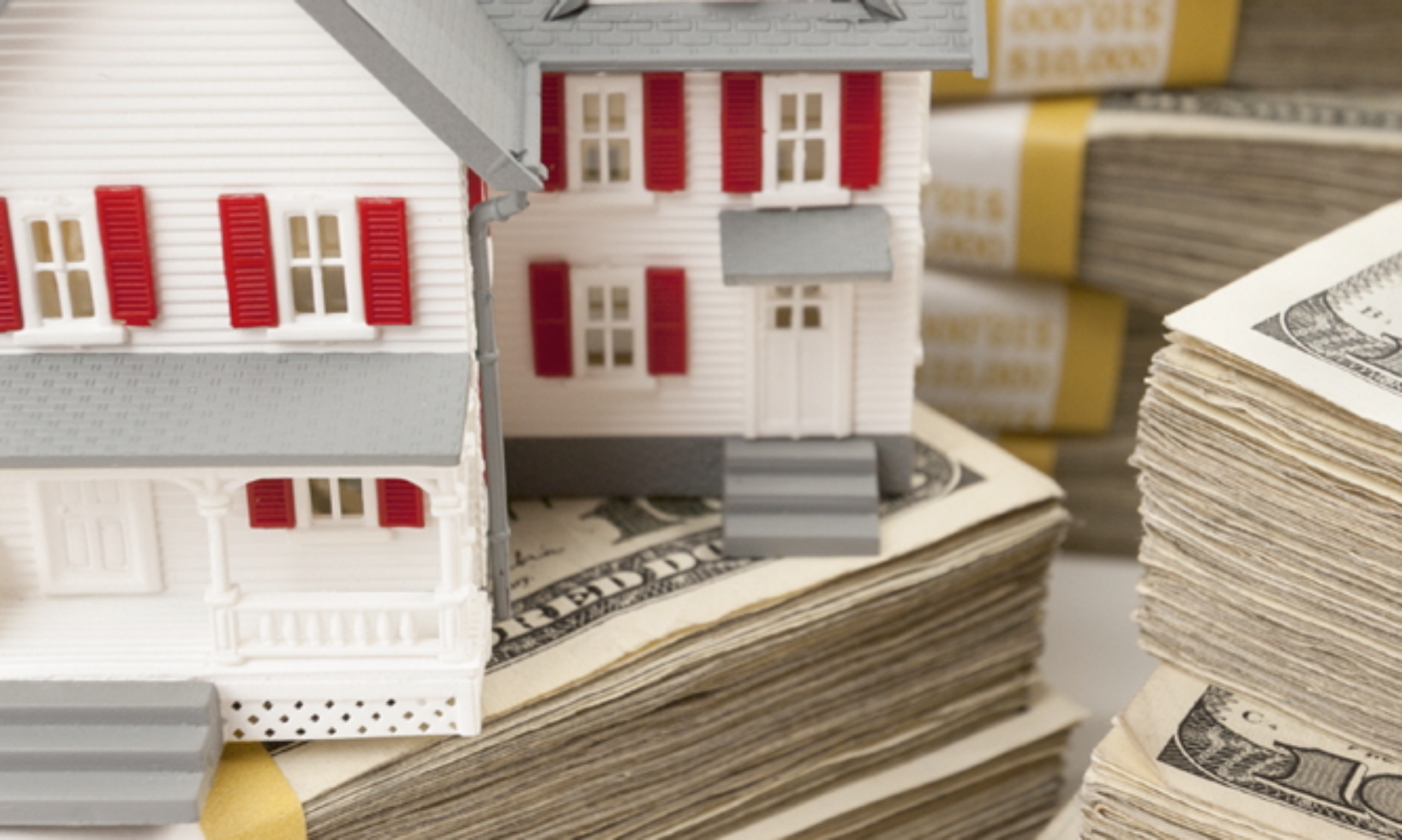View this article on Linkedin.
Are you considering the purchase of rental property and becoming a landlord? Don’t. Landlording stinks. I mean it. It stinks. Landlording is stressful, time consuming, and in many cases, a financial drain. I know of what I speak.
In my first (disastrous) foray into real estate investing, I purchased a 15 unit commercial property and two single family homes. The mortgage on each was $1200, $1250, and $2720, respectively.
With a strong economy, money flowed into my bank account. Life was grand. Here was me:
However, once the market took a dive in 2008, I soon found myself with several disastrous problems:
1. My renters stopped paying rent.
2. Repairs costs piled up.
3. Those mortgages were due and I didn’t have the rent money to cover it.
4. My savings started covering my rental mortgages.
It was at about this point I started to look more like this:
After three years of agony, stress and losing $50,000+, I finally sold off the properties at a loss and mercifully was able to move on with life. A lot poorer of bank account, but richer in experience in what NOT to do in real estate. The biggest thing I would not do is to ever be a landlord again.
Below are some of the dangers of landlording that tripped me up. Also, if you ARE a landlord, it’s not all lost. I offer some tips for current landlords who want to improve their financial, and mental, state:
1. Renter Damages: I had renters who clogged my toilets with sanitary napkins, which also clogged the septic tank lines. $500 for the plumber each time.
Tip for Landlords – Find a good property manager that you can trust that keeps a close eye on your asset and renters. Or, be very handy with repairs so you can handle them yourself. That’s a BIG money saver. If you can’t or don’t like to fix plumbing, roof and electrical problems, you are behind the 8 ball at the start, as I was.
If you can’t afford a good PM or are not near your property, you probably want to stop being a landlord ASAP because trouble is coming your way. There are less stressful and more profitable ways to make money in real estate.
This house below is one I bought two years ago. It was an old rental. Surprised?
My first Texas property – it was an old rental. Scroll down to see how it looks now.
2. Constant Repairs: Related to the above point. My life as a landlord was to play a monthly lottery of Will I Make Money This Month? Between broken water heaters, leaking roofs, electrical problems and clogged toilets, a month in the black was rare.
Tip for Landlords – Keep your property in good repair to avoid expensive headaches! Also, rent to the best tenants you possibly can, as they will care for your house better. Stay away from low end rental properties; between late rent, evictions and constant repairs, it will drain you financially and emotionally. Buy higher end properties that attract better clientele. Yes, it’s harder to make profits on high end homes, but there are fewer problems. Put down bigger down payments so your return is higher.
Or ideally, get the heck out of being a landlord and consider other ways to make money in real estate.
3. Rehab costs. I spent thousands of dollars on rehabbing houses that just got run down by the renter. Rehabbing houses is stressful and expensive. I didn’t get into real estate investing to be stressed out. Being a Cleveland Browns fan is enough stress for me.
Tip for Landlords – The best situation is to be a contractor yourself and able to handle your own rehab. Also, contract with an expert real estate agent/investor who can find you below market value properties in decent condition. There are scads of bankrupt former landlords who grossly overpaid contractors on rehab jobs. Don’t be one of them. Oh, and don’t over rehab your property – another classic landlord mistake. Your expert agent/investor should know how much to rehab any property you buy.
Bonus Tip for Landlords – Buy your properties in cash! I know that can be hard, but the benefit is never stressing about a mortgage payment.
Bonus Tip II for Landlords – If you have a mortgage on your property, does it fit the 1% rule? That is, does the monthly rent equal 1% of your TOTAL purchase price (including closing costs and rehab/repairs)? If not, you could be headed for big trouble. The 1% rule is a general guideline that many rental investors follow. Some rental investors opt for 2% in lower priced, riskier neighborhoods.
I know many a landlord who is happy with their $200 a month in cash flow. If that’s me, I’d be very worried. When the good times run out, you’re losing money.
Landlording CAN be profitable, but as my tips above indicate, there are a lot of variables that can turn a profit into a loss – fast. That’s why I think landlording stinks, and there are much better ways to earn money – as in 10-15% annually without maintenance costs.
I discuss one of those no-stress options in this Linkedin Pulse post.
Note – Here’s how that house above looks now. The occupant rehabbed it, not me. I’m not a landlord :).
